The experience of being disastrously wrong is salutary, no economist should be denied it, and not many are
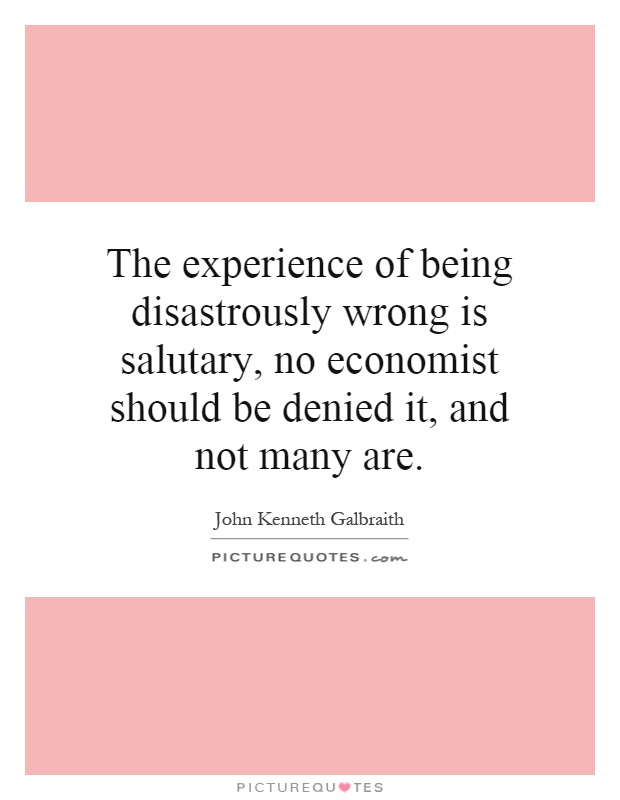
The experience of being disastrously wrong is salutary, no economist should be denied it, and not many are
John Kenneth Galbraith, a renowned economist and author, was a firm believer in the idea that the experience of being disastrously wrong is salutary for economists. He argued that making mistakes and learning from them is an essential part of the growth and development of any economist. Galbraith believed that denying economists the opportunity to be wrong would hinder their ability to learn and improve their understanding of economic principles.Galbraith's own career was marked by several instances where he was proven wrong in his economic predictions. One of the most notable examples was his skepticism towards the idea of a stock market crash in 1929. Galbraith famously wrote in his book "The Great Crash 1929" that the crash was not only possible but inevitable. However, when the crash did occur, Galbraith was forced to reevaluate his assumptions and learn from his mistake.
Despite being wrong on occasion, Galbraith's willingness to admit his errors and learn from them set him apart from many other economists of his time. He understood that being wrong was not a sign of weakness, but rather an opportunity for growth and self-improvement. Galbraith believed that the experience of being wrong could lead to greater humility and a deeper understanding of the complexities of the economy.
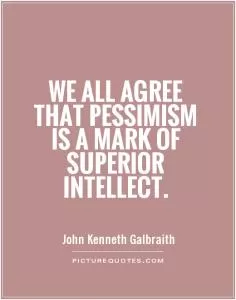
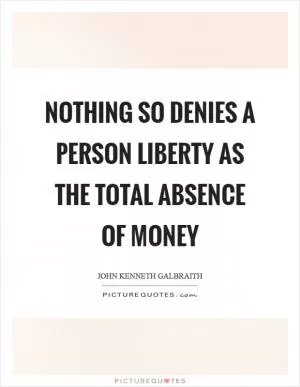
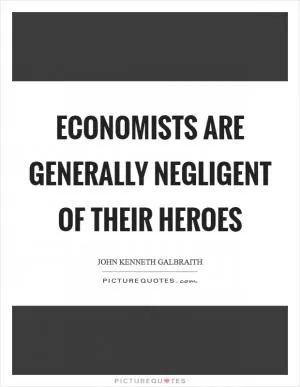
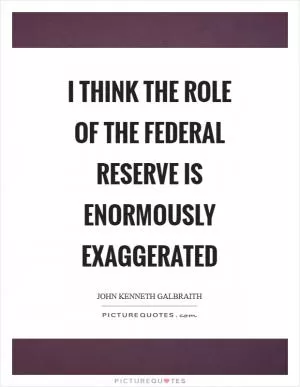
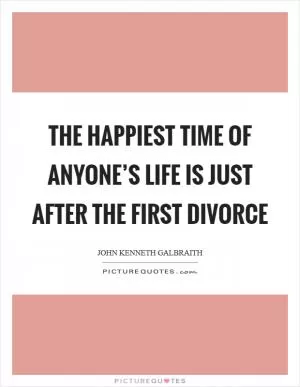

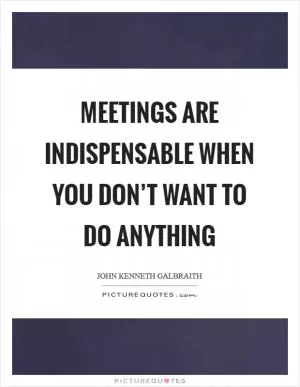


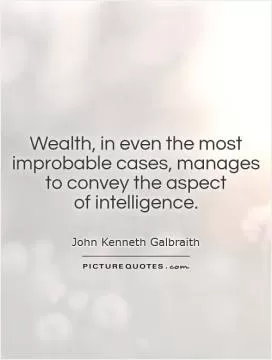

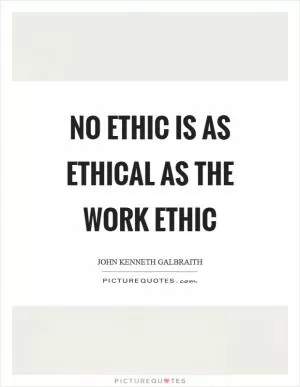
 Friendship Quotes
Friendship Quotes Love Quotes
Love Quotes Life Quotes
Life Quotes Funny Quotes
Funny Quotes Motivational Quotes
Motivational Quotes Inspirational Quotes
Inspirational Quotes